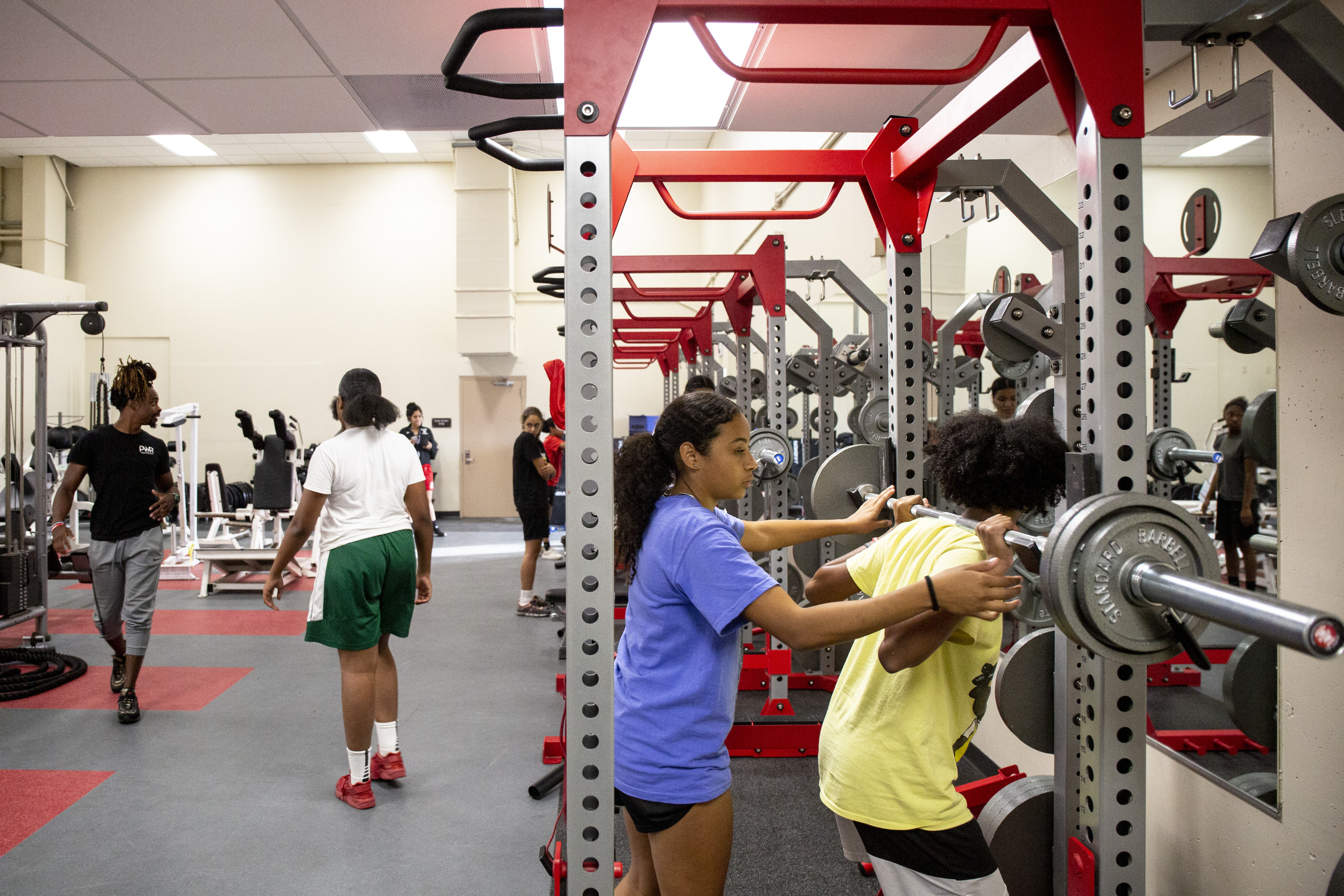“A good coach can change a game. A great coach can change a LIFE.” – John Wooden
It is a privilege to witness a young person's development. In one instance, a young athlete comes to you that may have never been a part of an organized sport, but by the end of the season, you see they are now moving and playing with confidence. Or maybe they come to you with a specific training goal such as changing their body composition to improve their confidence or increasing their speed and strength because they have aspirations to play in college.
Then, with their commitment along with your investment in them, they achieve their goals. While there are variables and influences to account for in a child's development outside of the time they spend with us, our role as coaches can have a profound positive impact on their life and health.
See the NASM Youth Exercise Specialization for more on training youth athletes.
The Benefits of Sports for Youth
Now, more than ever, our youth need access to qualified educators and resources that will aid their success in sports and, more importantly, their long-term development that goes beyond the game. Participation in sports plays a huge role in promoting physical activity among children and adolescents.
Evidence states that youth who regularly participate in physical activity have increased cognitive abilities, cardiorespiratory fitness, bone density, and muscular strength. Research has also shown that they are less likely to be susceptible to depression and anxiety. [1]
COVID surely did not help our fight against increased rates of childhood obesity, anxiety, and depression. However, with the shared commitment of knowledgeable Youth Sports Coaches, we can still win.
Youth Sports Coach Job Description
“If you’re a leader, people’s lives should be better because of the influence you’ve had along the way.” – Tony Dungy
Youth Sports Coaches educate youth athletes on the importance of health and wellness, develop them in safe environments, and effectively prepare them for the demands of their sports.
When considering the path of a Youth Sports Coach, you will want to consider what age group you are interested in being involved with.
Terms:
• Youth: the period between childhood and adulthood
• Childhood: 3 to 11 years of age
• Adolescence: 12 to 18 years of age
Based on the age and the experience of those you choose to coach, the requirements and demands can vary. Some responsibilities you can expect will include, but are not limited to:
• Coordinating game and training schedules
• Developing and implementing team practice and game plans
• Understanding the rules and regulations of the sport you are coaching concerning the age group you are coaching
• Coordinating team bonding experiences
• Managing a team budget
• Scouting opposing teams
• Communicating with parents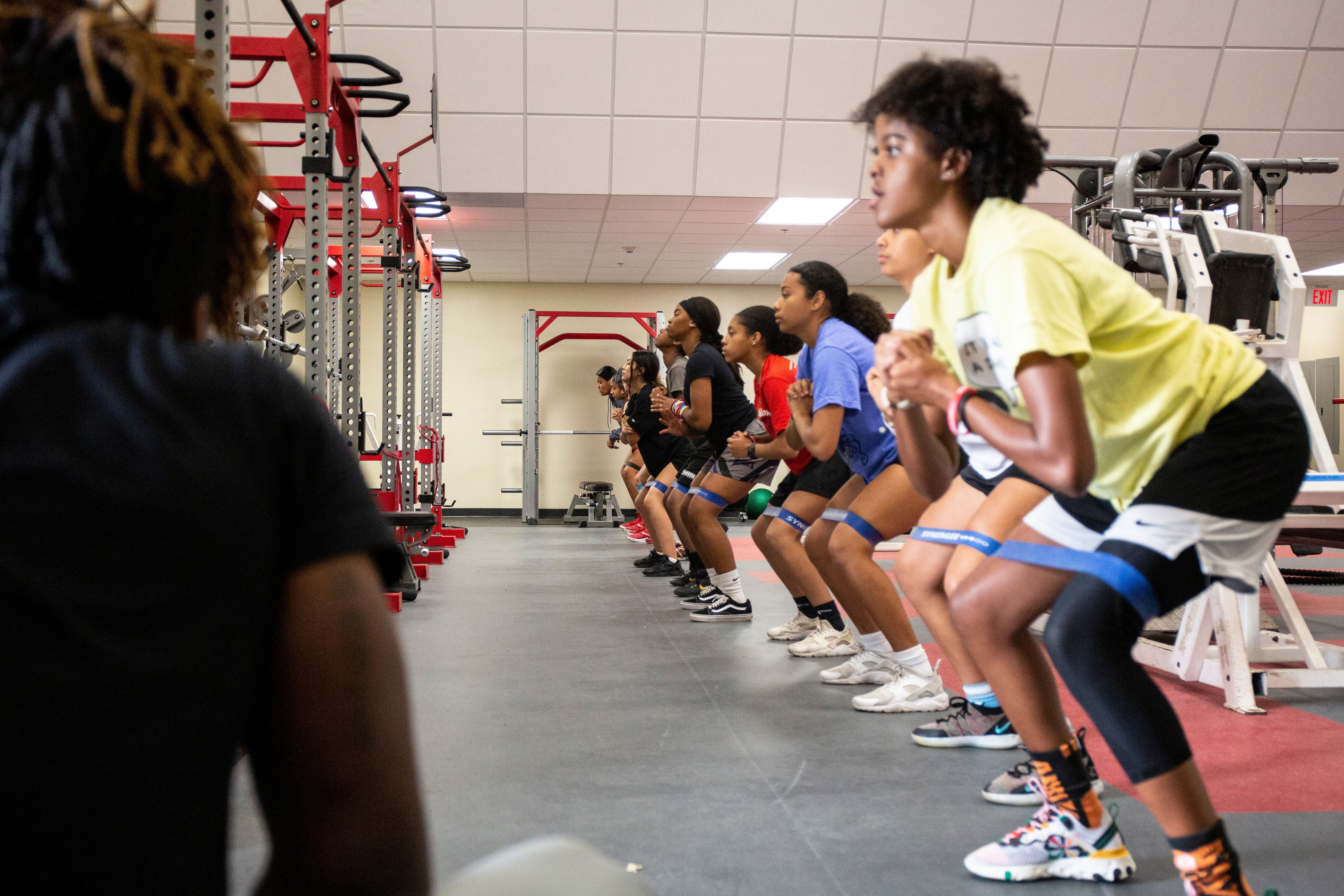
Becoming a Youth Sports Coach
“Continue to do common things in an uncommon way. Continue to be ALL IN. Continue to apply BEST IS THE STANDARD. Continue to be a person of EXCELLENCE in everything you do.” – Dabo Swinney
While it is important to identify where an athlete is in their development, it is more important to understand where we are in ours as coaches. We must have a high level of self-awareness and understand how we are perceived. Assessments like the Enneagram or Myers-Briggs Type Indicator (MBTI) are self-reports that aim to provide insight into one's personality type, strengths, and preferences. As coaches, the more we understand ourselves, the better we can lead.
We must also have a thorough understanding of our why. Why do I want to be a Youth Sports Coach?
Here are a few questions to help you clarify your why:
• What impact do I wish to have on youth athletes?
• What personal or professional experiences have I had that aid my mission?
• What strengths do I have that aid my mission?
• What are my values?
Do you need a certification to coach youth sports?
Policy and standards around certifications for Youth Sports Coaches vary. When working with youth athletes in a team setting, it is recommended that coaches are certified in adult and pediatric First Aid and CPR. For the private setting, to uphold credentials, coaches must be certified in both Adult and Pediatric First Aid and CPR. Most youth sports leagues also require background checks for part-time positional coaches and full-time head coaches.
If our commitment as coaches is to best serve those we get the chance to lead, it is advantageous to us and our athletes to pursue a credential. To have an understanding of anatomy and physiology can aid in the development of practice and training plans. For example, let's say you are planning sprints for an outdoor conditioning session in the middle of summer.
Being knowledgeable on the body's energy systems and proper work-to-rest ratios will not only help you and your athletes get the most out of that session but, above all, will keep your athletes safe. Considering the outdoor elements and allowing for adequate recovery between drills or sets are important things to consider when designing effective coaching plans and creating safe environments for our athletes.
Can you become a Youth Sports Coach without a degree?
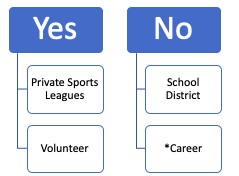
*As the demand for qualified youth fitness professionals has increased tremendously over the past decade, having a formal education in the field of Kinesiology or Exercise Science serves as a distinguishing factor when being sought out by parents or when seeking employment.
How long does it take to become a Youth Sports Coach?
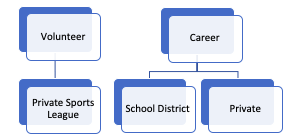
There are two courses to decide between for an aspiring coach. There is the path of the volunteer coach, which, comparatively, takes less time than choosing coaching as a career.
School districts, universities, professional teams, and most performance centers have requirements for entry, which is usually a degree in a related field or a certification. Employers and organizations also have professional development and continuing education standards.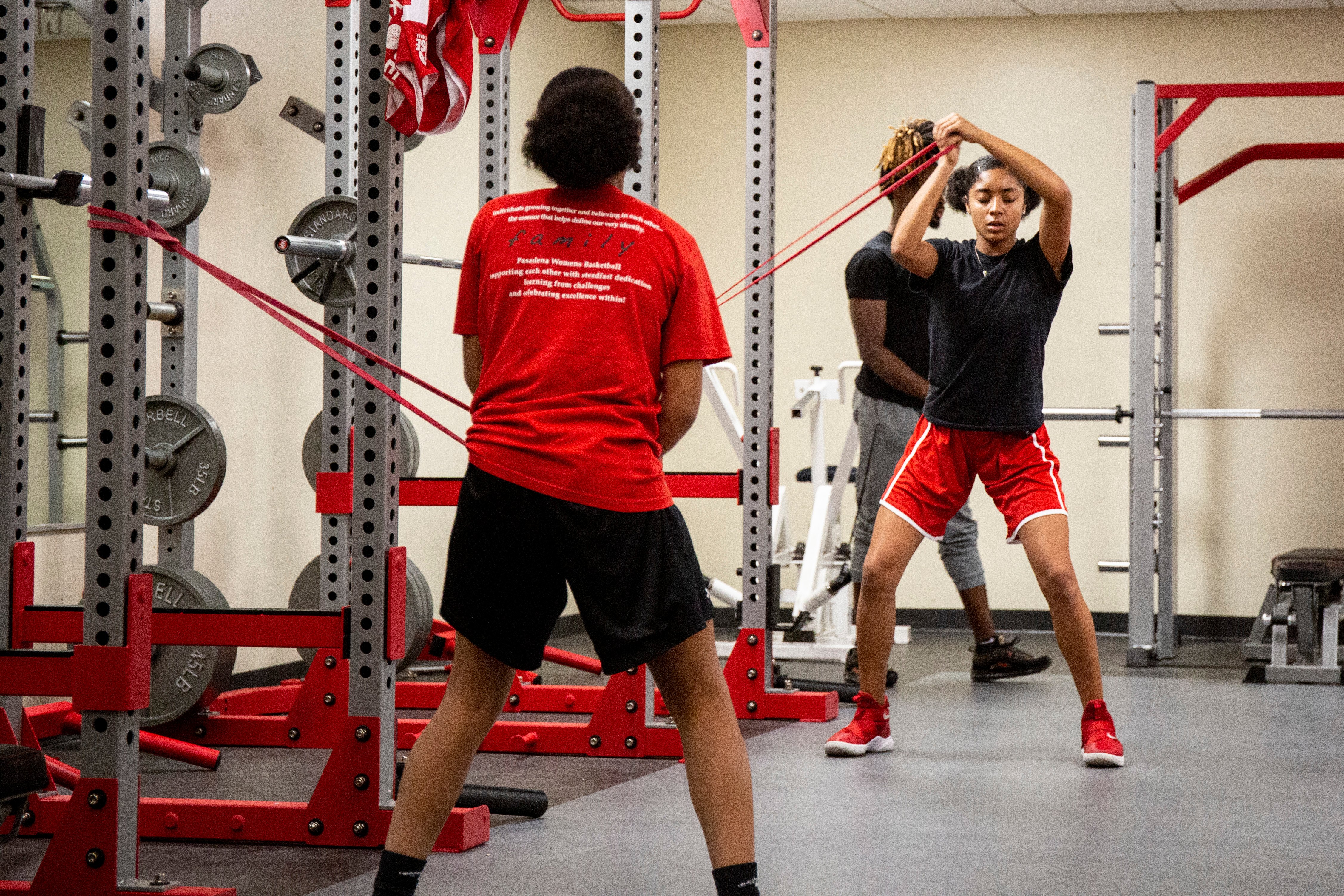
Why Should you Coach Youth Athletes?
“More than winning, I believe it’s our job as coaches to develop our players into responsible leaders.” – Pat Summitt
There is nothing more fulfilling than guiding a young athlete toward their potential; who you both know they can be and what you both know they are capable of accomplishing.
Now what?
A big commitment as a Youth Sports Coach is to continued development. Just as we want our athletes to continue to improve, we must continue to do the same.
Outside of training, we ask our athletes to commit to reading, watching, and listening to what will aid their development. This can also be applied to us as coaches:
• Read:
o Certifications, articles, and books.
o To read more on training for youth athletes, click here.
• Watch:
o Coaches conferences, shadowing live sessions with other coaches in your industry, and virtual seminars.
• Listen:
o Podcast, audio books, and phone calls with other professionals in your industry.
Current Youth Sport Coaches, we would love to hear from you, why did you become a Youth Sports Coach?
References
[1] US Department of Health and Human Services. “Active Children and Adolescents.” Physical Activity Guidelines for Americans, 2nd Edition, 2018, health.gov/sites/default/files/2019-09/Physical_Activity_Guidelines_2nd_edition.pdf.

